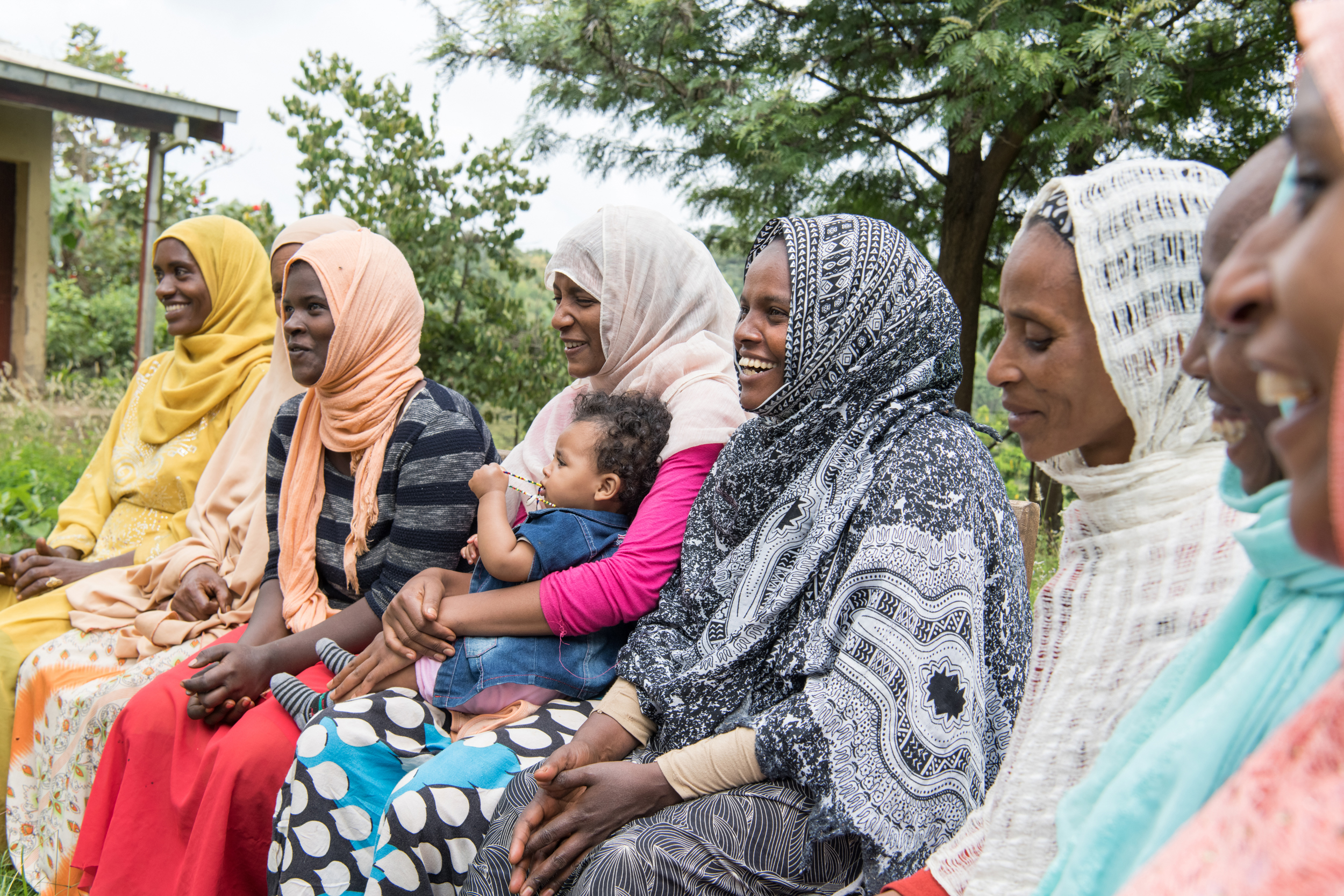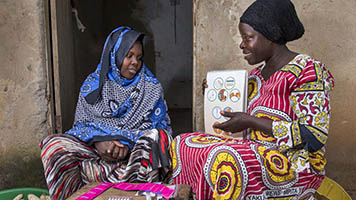Malaria Segmentation hybrid course (Live session 2)
VirtualSocial and behavior change (SBC) strategies are critical for encouraging positive behaviors and addressing social and structural barriers around malaria prevention and case management. SBC can foster increased uptake of antimalarials, improved provider-client interactions, and the proper diagnosis and treatment for malaria. To increase the effectiveness of SBC strategies, it is key to understand the target audience(s) of the SBC strategies and the factors driving their behavior. Audience segmentation is a technique that divides a population into groups with similar characteristics related to a topic or behavior of interest, enabling a deeper understanding of the demographic factors, norms, and attitudes that […]



